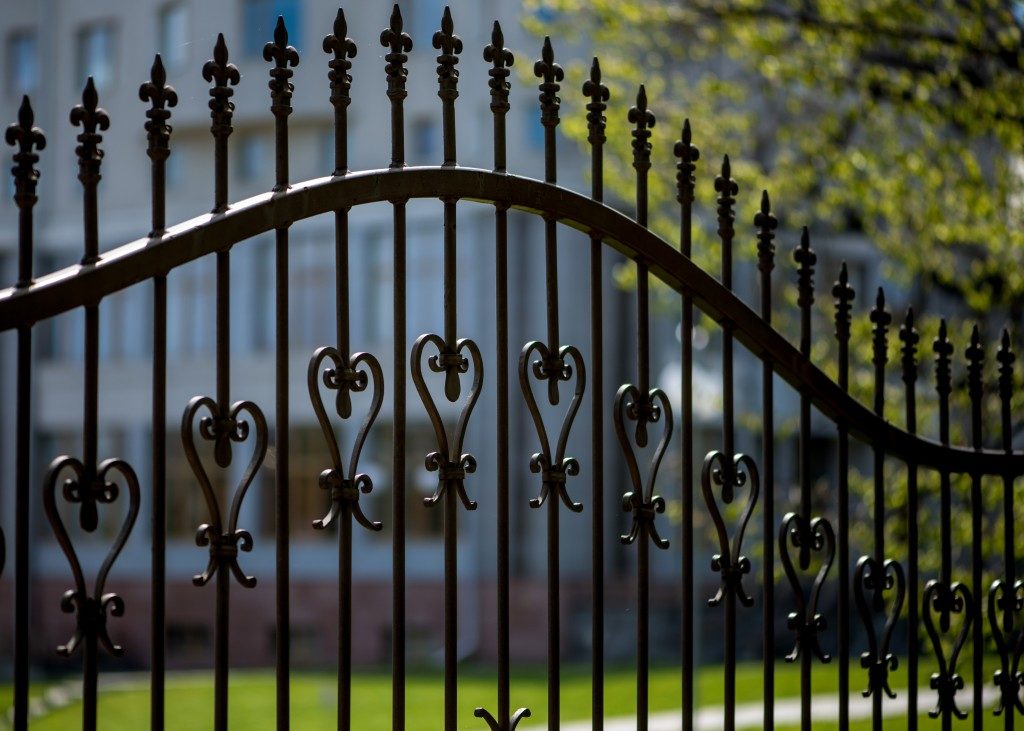Fences and gates are often used in establishments for security purposes, whereas homes often use them for safety, privacy, and marking their property, as well as providing aesthetics. As such, fences play a key role in your home, so you should give more attention to how your fences are designed and which materials to use for them to properly service their purpose.
So, before you build that fence and gate for your property, consider these materials to choose which one best suits your needs, budget, and home’s aesthetic:
Wood
Wood is perhaps one of the most popular materials for fences and gates. Wooden fences and gates provide not only privacy but also serve an aesthetic purpose as well as security. Wooden fences and gates can make your home look welcoming while keeping your privacy, and it doesn’t cost that much either.
Wooden fences can easily be installed if you have the right tools, skills, and patience. Wooden fences are easily customizable through paint, which can also protect the material from the elements. However, wood requires a moderate amount of maintenance as they could chip off, warp, or suffer from termite infestation.
Aluminum

Aluminum is one of the most commonly used metals for fencing and gates, and for a good reason: they’re economical, versatile, and durable. Aluminum requires little to no maintenance; you only need to wash off the occasional buildup of dirt or dust with water. Aluminum may not be as sturdy as steel, but it is still quite durable and could withstand heat and rain. These also come in different styles and colors so that they can fit almost any home design. Aluminum fences and gates could be easily installed, perhaps easier than wooden fences — some even do it as a DIY project. But even if you decide to hire professionals to install them, professional installation of aluminum fence and gates don’t cost as much, too.
Although they might cost more than wood at first, their lack of maintenance makes them a cheaper investment in the long run. However, aluminum may not be the best material when it comes to providing privacy, but they’re sturdy enough to provide security.
Vinyl
Vinyl is a lot more flexible and stronger than wood, is maintenance free, and can resist paint (which makes it easy to clean dirt, graffiti, and other stains). Vinyl can be aesthetically pleasing and can provide both privacy and security to one’s home. Although they’re more expensive than wood upfront, they don’t require as much maintenance as wood and could last decades, making it one of the cheapest fencing types. However, it’s not as strong as metals such as aluminum or wrought iron and could crack or turn brittle when exposed to very high or very low temperatures.
Wrought Iron
Wrought iron is also a commonly used metal for fencing and gates. They give an elegant and rustic aesthetic, while also being quite durable. Similar to aluminum, wrought iron fences and gates require little maintenance, and allow for more decorative designs. Also like aluminum, it can’t provide much when it comes to privacy, but wrought iron can last for years and are harder than aluminum, providing a higher level of security and protection.
However, wrought iron is heavier, harder to handle, and requires a considerable amount of skill to install which is why professionals often install them. Additionally, wrought iron fences and gates could be costly, but given the sturdiness and aesthetic appeal that they offer, it’s well worth the investment.
Conclusion
Fences are a great way to provide secure and beautify one’s home and property. So when you’re planning on installing one for your home, or wish to replace your existing one, make sure to keep these materials in mind to know which one is the best for your home.


